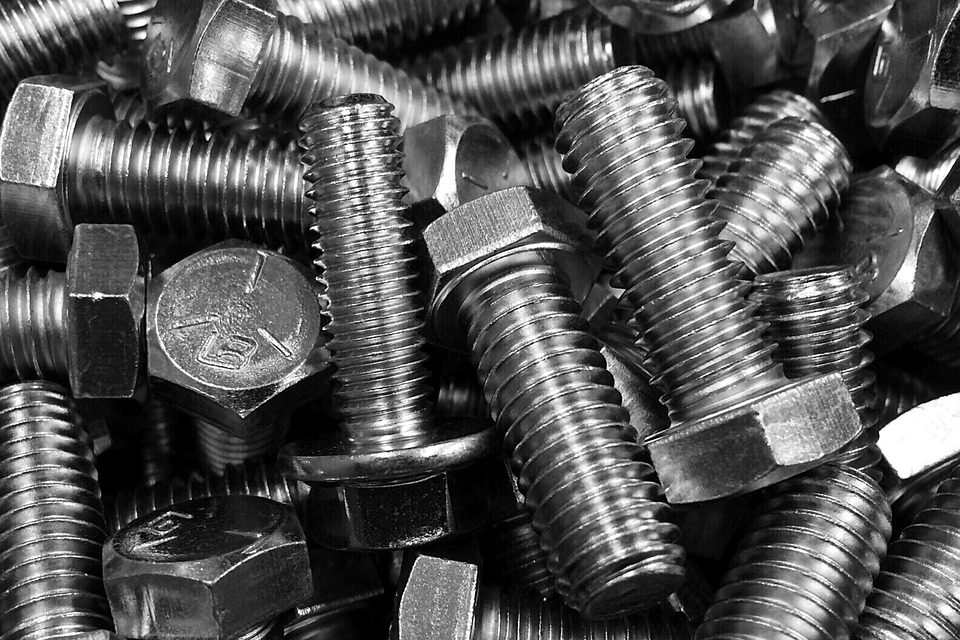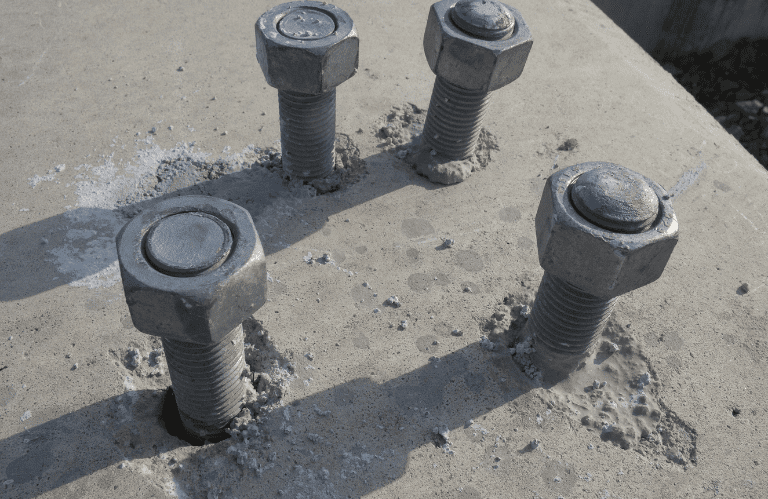
Reduce risk and maintain compliance with our specialist risk management services.
We’re proud to be a leading provider of complete life cycle risk management solutions. From ensuring asset safety and legal compliance with our thorough engineering inspections to driving operational efficiency with our specialist non-destructive testing services, (and much more in between), we’re proud of the long-lasting partnerships we have formed with our customers over the last 160 years, based on the value of our solutions.

Bolt Testing
At BES Group, we can help you assess the strength and durability of your fasteners. We test a range of bolts for mechanical, metallurgical and chemical properties from sizes M2 up to M27.
Bolts and nuts are widely used fasteners due to their ease of assembly and disassembly. Ensuring the safety and reliability of machines and equipment, bolt testing plays a vital role. This process guarantees that bolts can endure their designated load and function effectively under various stresses and conditions. By identifying potential failures, it also helps in minimising costs by reducing instances of failures, downtime, and maintenance. Discover more about our comprehensive bolt testing services below.
Our Bolt Testing Services
Mechanical Testing
- Proof load testing on bolt sizes M2 up to M27
- Wedge testing to determine head soundness
- Tensile testing on full-sized, machined samples
- Proof and yield stress
- Torque testing*
Metallurgical Testing
- Decarburisation/Carburisation
- Microhardness testing (surface and core)
- Microhardness testing to determine phase hardness (e.g. martensite, ferrite, bainite, etc.)
- Phase distribution
- Microstructural assessments including banding and segregation
- Longitudinal sectioning and macro etching
- Metallurgical Failure Investigations
- SEM/EDX analysis of failed samples or materials
- Hydrogen embrittlement to determine hydrogen induced cracking
Chemical Analysis
- ICP/OES Analysis
- Spark OES Analysis
We're here to support your bolt manufacturing processes with routine testing.
Get in touch today! Get in touch today! Get in touch today!
Independent testing services for your bolts
Fasteners and raw materials for producing fasteners must be routinely tested to ensure that they are suitable to be used in their intended environment. Choosing a UKAS accredited testing laboratory for your bolt testing means that our processes and testing procedures are of the highest quality, giving you confidence in your products, and reassurance that they are fit to be used in real-service conditions.
We test a range of bolts, including:
- Anchor bolts
- Blind bolts
- Carriage bolts
- Double end bolts (also called Tap End Studs)
- Eye Bolts
- Flange bolts
- Hex bolts
- Machine bolts and machine screws
- Socket head bolts, Square head bolts
- T-head bolts
- U-bolts
And many more!










